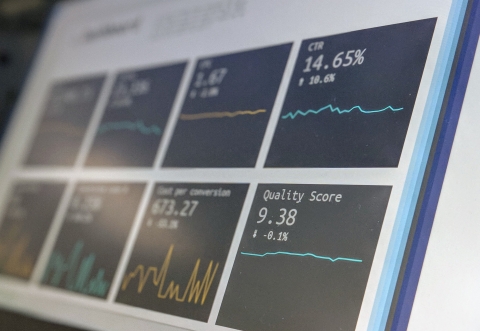Capital markets
Investment managers, acting on behalf of their retail and institutional clients, are among the largest investors in financial markets. They represent a key component of the market’s “buy-side” segment.
In representing the interests of its members on wholesale capital market issues, EFAMA advocates for fair, deep, liquid, and transparent capital markets, supported by properly regulated and supervised market infrastructure.
EFAMA's reply to ESMA's CP on Draft technical advice on commercial terms for providing clearing services under EMIR (FRANDT)
EFAMA’s response to ESMA’s CP on data costs and consolidated tape
European Stock Exchanges' Over-Reliance on Equity Market Data Revenues: Stifling Growth and Innovation
Rising data fees to offset declining trading revenue burden market participants with surging costs
EC Targeted consultation on the functioning of the EU securitisation framework
The EU Securitisation Regulation, which aimed to enhance transparency and strengthen trust, is undergoing a very timely review. EFAMA supports the European Commission’s initiative to engage stakeholders in shaping key improvements to this critical framework.
Robust governance needed for future consolidated tape providers
ESMA technical standards move one step closer to consolidated tape launch.
ESMA recently closed the consultation for regulatory technical standards that will define the competitive selection process for the consolidated tape, as well as the technical abilities that applicants will be assessed on. In its response for the buy-side, EFAMA stressed that a robust governance framework for the operators of the tapes is critical.
Advancing EU capital markets: Prioritising key targets for the Savings and Investments Union
Household Participation in Capital Markets
This report analyses the progress made in recent years by European households in allocating more of their financial wealth to capital market instruments (pension plans, life insurance, investment funds, debt securities and listed shares) and less in cash and bank deposits. It also includes policy recommendations on improving retail participation in capital markets, including for the Retail Investment Strategy currently under discussion.
Some key findings include:
Buy-side use-cases for a real-time consolidated tape
A real-time consolidated tape, provided it is made available at a reasonable cost, will bring many benefits to European capital markets. A complete and consistent view of market-wide prices and trading volumes is necessary for any market, though this is especially true for the EU where trading is fragmented across a large number of trading venues. A real-time consolidated tape should cover equities and bonds, delivering data in ‘as close to real-time as technically possible’ after receipt of the data from the different trade venues.




































